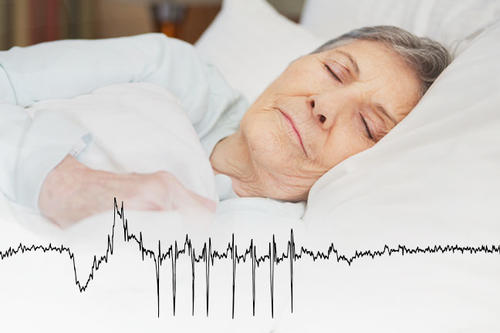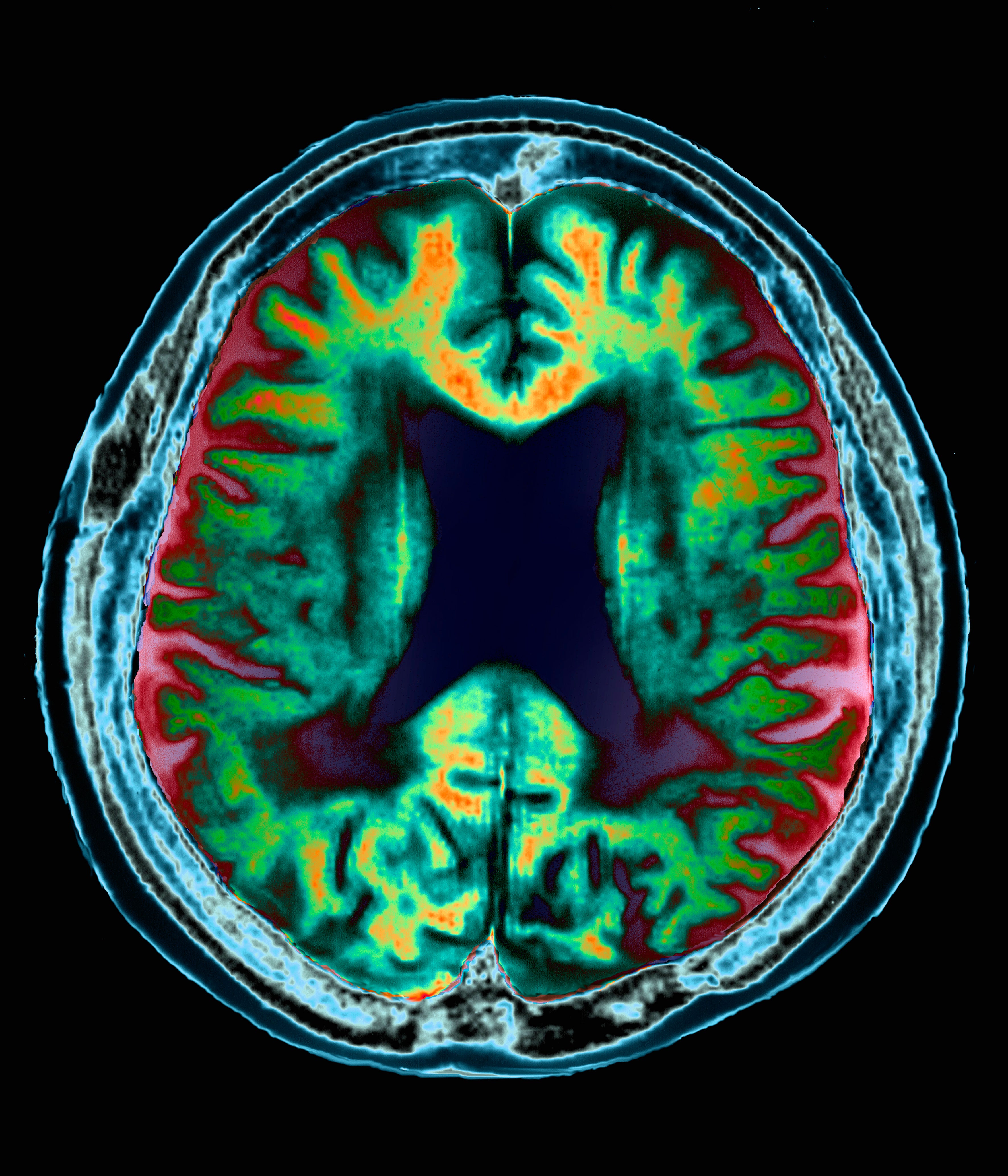People with Alzheimers are at increased risk for seizures in particular in more advanced stages of the disease and they have an exceptionally high recurrence. Seizures in patients with Alzheimers disease can easily go unrecognised because they usually present as non-motor seizures and can overlap with other symptoms of the disease.
 Silent Seizures Seeds Of Alzheimer S Disease University Of Minnesota
Silent Seizures Seeds Of Alzheimer S Disease University Of Minnesota
In some people seizures may happen even before memory problems become apparent.

Alzheimer's and seizures. 10 to 26 of all Alzheimers patients will experience some form of seizure whether its apparent or not. But another study has shown that unprovoked seizures occur in approximately 16 of people with Alzheimers disease. However more recent research has suggested that seizures can occur early-on in Alzheimers disease.
This is especially true in people who have a form of Alzheimers disease that is. However reported prevalence and incidence of seizures and relationship of seizures to disease measures such as severity outcome and progression vary widely between studies. Seizures of any type can be observed in Alzheimers disease and are probably underestimated.
In patients with Alzheimers disease seizures can hasten cognitive decline highlighting the clinical relevance of early recognition and treatment. However reported prevalence and incidence of seizures and relationship of seizures to disease measures such as severity outcome and progression vary widely between studies. It followed nearly 21000 people over 11 years and concluded that the prevalence of seizures was about 15 times higher in subjects with Alzheimers disease than in those without it.
This can result in nerve cells becoming hyper-excitable which implies that they will start to behave uncontrollably which can cause seizures. Some types of dementia like Alzheimers disease are a result of protein build-up in the brain that interferes with how cells in the brain communicate with each other. Many studies have shown that patients with Alzheimers disease AD are at increased risk for developing seizures and epilepsy.
Many studies have shown that patients with Alzheimers disease AD are at increased risk for developing seizures and epilepsy. We asked them questions about epilepsy. Alzheimers increases the risk of a person getting a seizure by a two-to-six-fold increase.
Seizures in Alzheimers disease are highly recurrent and associated with a poor disease course. Seizures in Alzheimers disease are more likely to occur with early-onset disease particularly if there is a familial presenilin I mutation. We performed a literature review of the avail-.
Two additional studies presented during a poster session at the conference found that people with Alzheimers had more seizures than normal controls. In that study the risk of seizures increased as Alzheimers disease progressed over time. As part of my research I recruited people from the local memory clinic here in Exeter.
Seizures usually occur in later stages of Alzheimers disease on average or 6 years into the course of the disease. Many studies have characterized epileptic seizures as an endpoint in the late stages of Alzheimers see review by Mendez et al 2003 and Romanelli et al 1990. The triggers for the seizures are yet to be discovered but certain characteristics place some people at.
Study characteristics We searched scientific databases for clinical trials comparing medication and non-medication-based treatments for epilepsy in people with Alzheimers disease. Alzheimers disease linked to recurring epileptic seizures. Alzheimers May Cause Seizure In Elderly.
The longer that individuals had been living with Alzheimers the higher the risk for having a seizure and the earlier the seizures the more severe memory problems the study found. Alzheimers disease is a risk factor for increased seizures in older people. Thats according to new research presented at the Alzheimers Association International Conference AAIC 2019 in Los Angeles.
In reality the wear and tear of aging process actually predisposes the elderly to seizure. The incidence of seizures in other dementing diseases is less clear. People living with Alzheimers disease experience epileptic seizures up to six-and-a-half times more often than people without dementia.
Two additional studies presented during a poster session at the conference found that people with Alzheimers had more seizures than normal controls. Other than stoke cardiovascular disease brain tumors and epilepsy there is one more disease common in elderly that can cause seizure attacks in them. These studies typically described convulsive seizures in people already diagnosed with AD.
